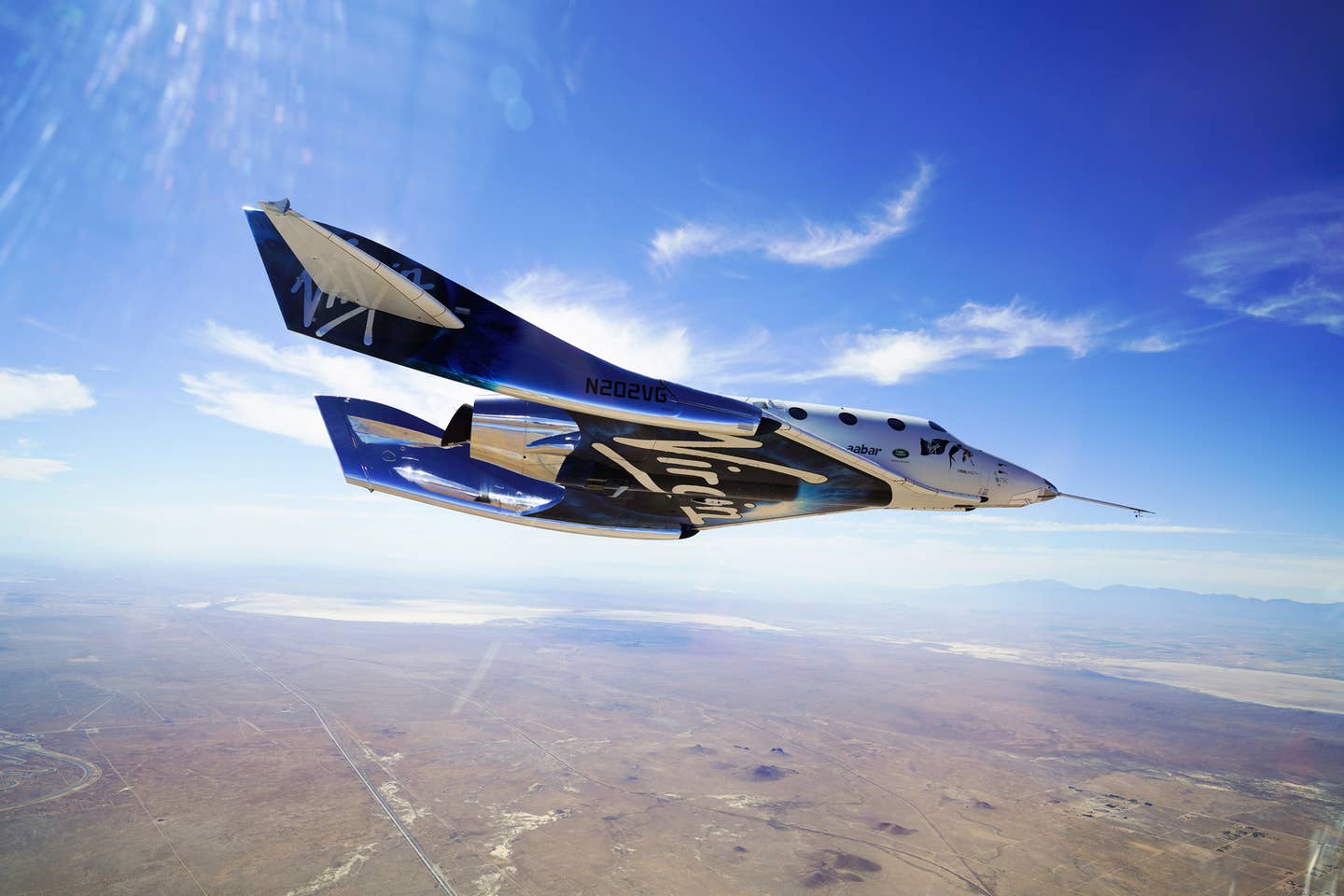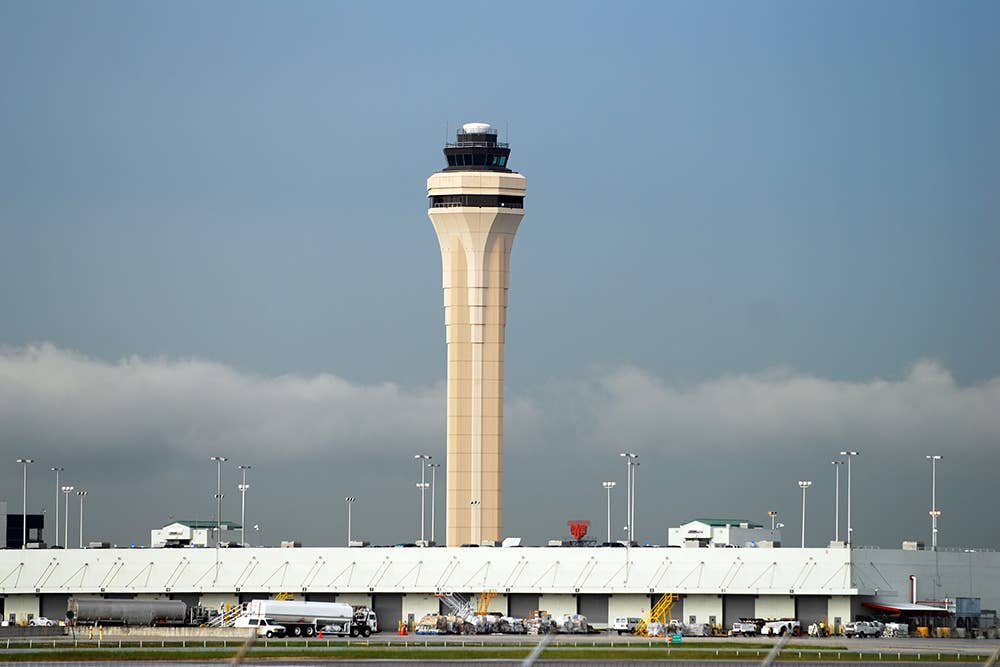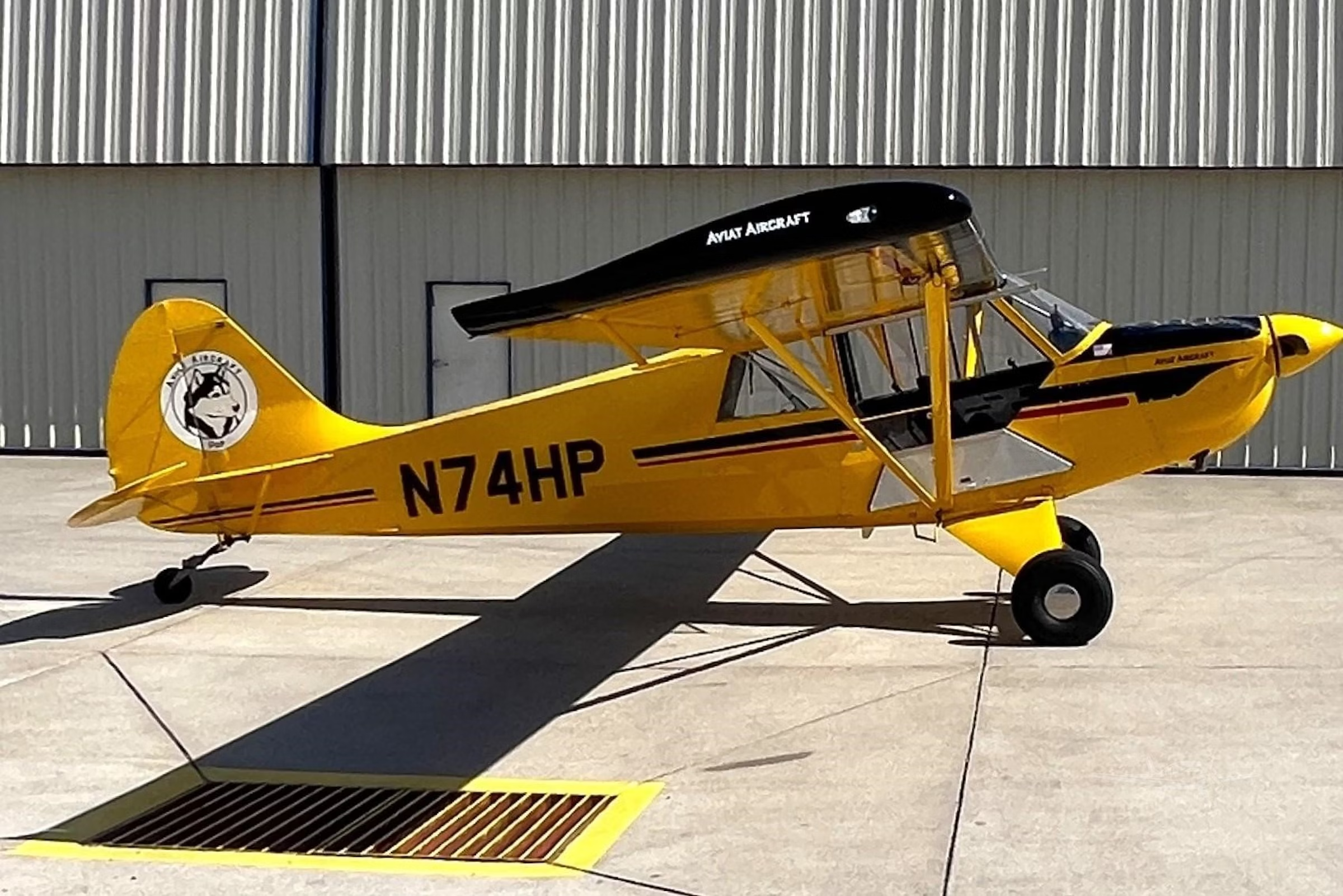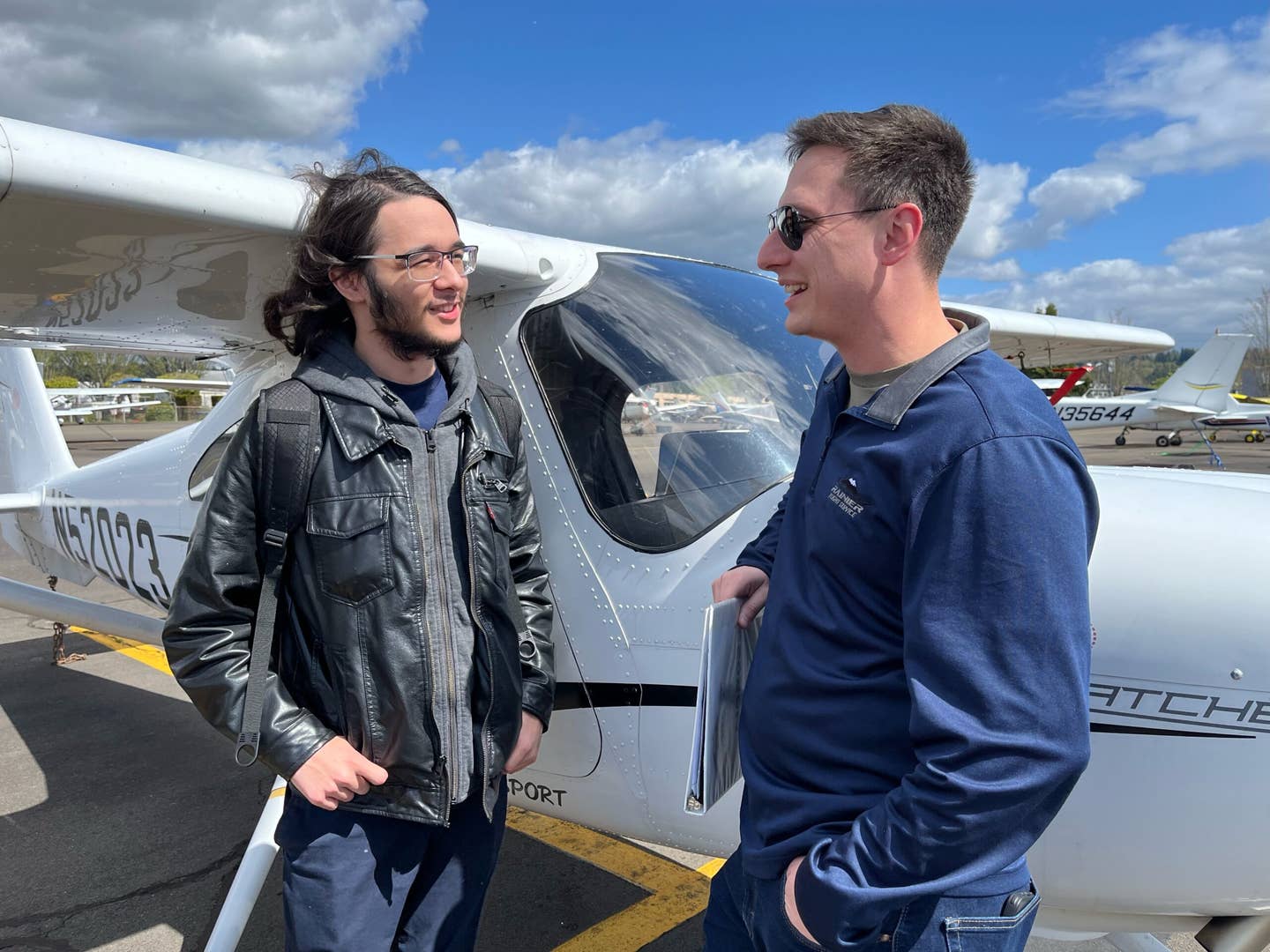
The next flight of Virgin Galactic’s Unity has been delayed as the company assesses a potential manufacturing defect. Virgin Galactic
Virgin Galactic has delayed the first commercial research mission of its “Unity” spacecraft as a result of concerns about a “potential manufacturing defect” in part of the flight control system, the company said.
The mission, dubbed Unity 23, had been scheduled to lift off in late September or early October, from New Mexico’s Spaceport America near Las Cruces, with six crew members aboard. Liftoff has now been delayed until “mid-October,” according to a statement released Friday.
“… A third-party supplier recently flagged a potential manufacturing defect in a component of the flight control actuation system that they supply to Virgin Galactic,” the statement said. “At this point, it is not yet known whether the defect is present in the company’s vehicles and what, if any, repair work may be needed.”
Virgin Galactic said it made the decision “out of an abundance of caution.”
“We have a robust preflight readiness approach that is rooted in our thorough, proactive, and safety-first culture,” Virgin Galactic CEO Michael Colglazier said in the release.
The holdup comes after an FAA probe into Virgin Galactic’s historic July 11 flight—Unity’s first fully crewed mission, which also included billionaire Virgin founder, Sir Richard Branson. The company said the delay was not related to the July 11 mission or the investigation.
The FAA grounded all Unity flights on September 2 while it investigates a report published by The New Yorker that said the spacecraft flew outside its designated air traffic control clearance area during descent.
Unity is designed to launch in flight from a carrier mothership aircraft, then rocket to the edge of space and finally fly back to Earth like an airplane.
Virgin Galactic has acknowledged the flight path deviation while insisting no one was in danger. The company described The New Yorker article as “misleading.”
The upcoming Unity 23 mission is a commercial, sub-orbital flight to learn more about how transitioning from gravity to microgravity affects the human body, Virgin Galactic said. Crew includes three paying members of the Italian Air Force and National Research Council, as well as a Virgin Galactic astronaut instructor and two Virgin Galactic pilots.

Sign-up for newsletters & special offers!
Get the latest FLYING stories & special offers delivered directly to your inbox






